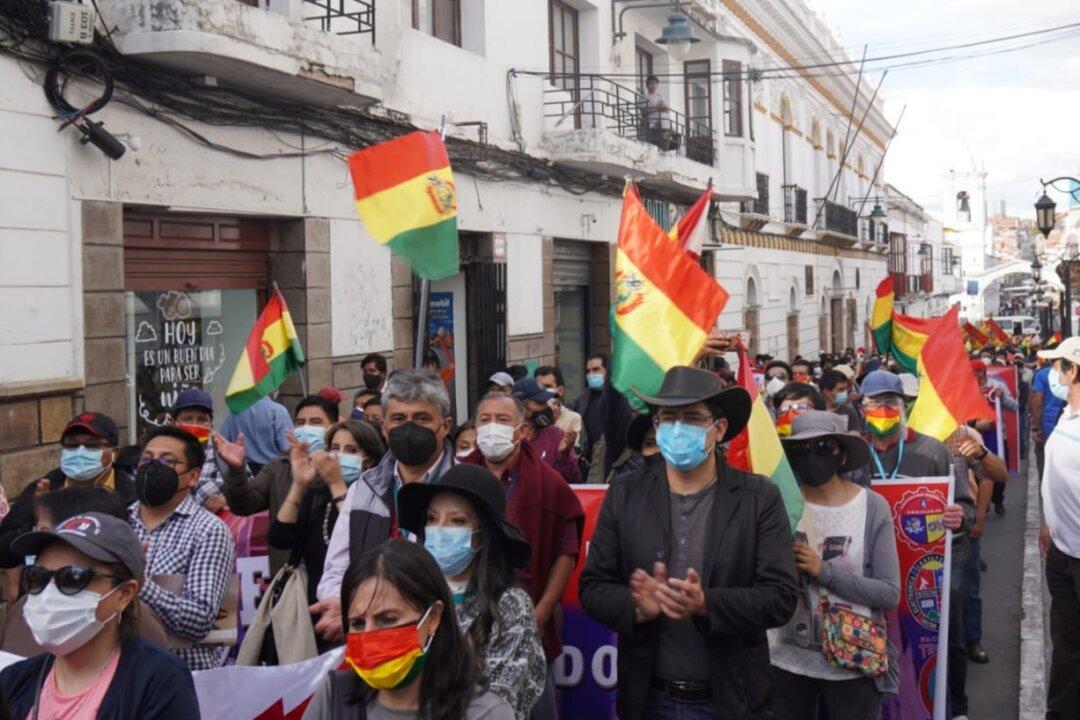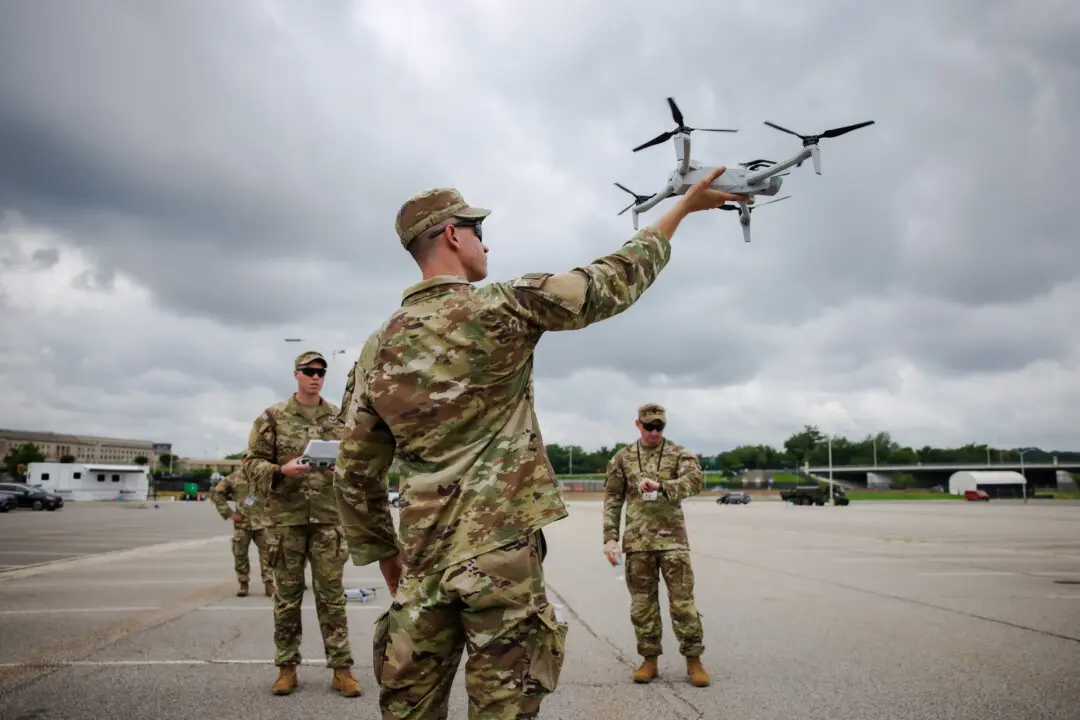Bolivian President Luis Arce has announced the repeal of a controversial law that had sparked large public demonstrations and a voluntary economic shutdown since Nov. 8.
On paper, the law targeted illicit earnings and the financing of terrorism by allowing the government access to people’s private bank information. It also granted the president the ability to rule by decree.





